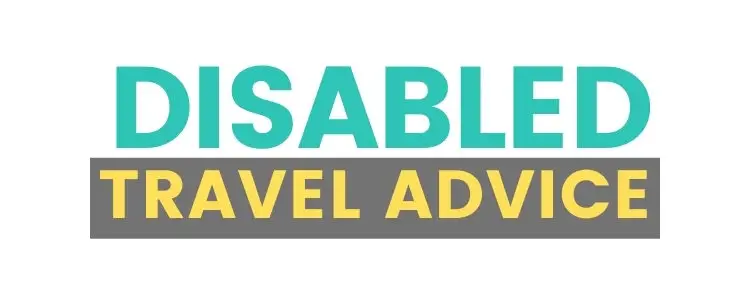In a security-conscious age, air travel can be stressful for anybody. If you experience behaviours under stress that might draw the wrong kind of attention to you, it can be a nightmare. This makes some people with Tourette’s syndrome feel that they cannot safely fly. In fact, most of the problems associated with Tourette’s syndrome and flying can be worked around, enabling you to get around the same way other people do.
- Developed by Doctors: while other compression gloves are sized inaccurately, breakdown quickly, and...
- Doctor Written Handbook included: Want to know more about your condition, treatment options...
- Excellent Customer Service: With all questions answered within 24 hours by a team that includes...
Dealing with Tics
Dealing with social situations when you suffer from tics can be difficult. In an aeroplane, where you may have to sit next to strangers for long periods of time, it can be particularly difficult. Most airlines try to help passengers with Tourette’s syndrome work around this by carefully planning their seating. If you prefer to avoid people noticing your tics, ask for a window or aisle seat where you can turn aside as required. On quiet flights it may be possible for you to be seated alone.
Special seating arrangements are most easily sorted out if you give the airline two days’ notice of your problems before you fly, but you can also speak to staff on the day if you need assistance. It’s a good idea to let them know your situation anyway so that they can intervene if somebody else’s response to your tics causes a problem.
Airlines have a legal obligation to provide you with equal service as long as your tics don’t cause a serious problem for other passengers. Other passengers feeling annoyed is not an excuse to discriminate against you. If your tics involved physical contact with other passengers, however, you may be told that you could not fly unless you could be seated separately or with people you know.
- Newthinking Suction Bathroom Grab Rails will give you steady confidence in a slippery area. Strong...
- Portable support safety grip grab handle with suction cup fitting and rapid release! Useful bath,...
- Textured, contoured rubber provides a comfortable non-slip grip, won't slip even when wet providing...
Dealing with Speech Issues
The most troubling aspect of air travel for people with Tourette’s syndrome is airport security. If you have tics and you’re worried about the way security staff might respond to them, explain your condition quickly and straightforwardly. Write a note to show them if you think you might have difficulty expressing it.
If you are worried that you might say something inappropriate which could put you at risk, it’s important to make security personnel aware of this at the earliest possible stage. This may mean contacting the airport before your arrival. Once you know that security staff are aware of your circumstances, you will probably feel much more relaxed, so the urge to speak inappropriately may be much reduced anyway.
Once you board the plane, make staff aware of your difficulties. Remember that they are used to dealing with stressed people because many people are afraid of flying. They can help to put you at your ease. Although they will not be able to look after you throughout the flight, they will be able to come over if things start going wrong.
No products found.
Accessing Support
When people think of disability they tend to think first of people with walking difficulties. Remember that, because of the social difficulties it can create for you, Tourette’s syndrome is a disability too. This means that you are entitled to use the disability services provided as standard by airlines and airports.
Disability support generally needs to be booked in advance. Different airlines offer different degrees of support, so take this into account when you book. Contact them if you’re unsure how they can help you. There is usually an email address you can use for this if speaking on the phone is awkward.
No matter whom you fly with, you are entitled to have a member of staff escort you through the airport. This means that you will have somebody to speak up for you if you run into difficulties, even if you’re flying alone. Working around your difficulties in this way means that you can enjoy the same freedom to fly as everybody else.



